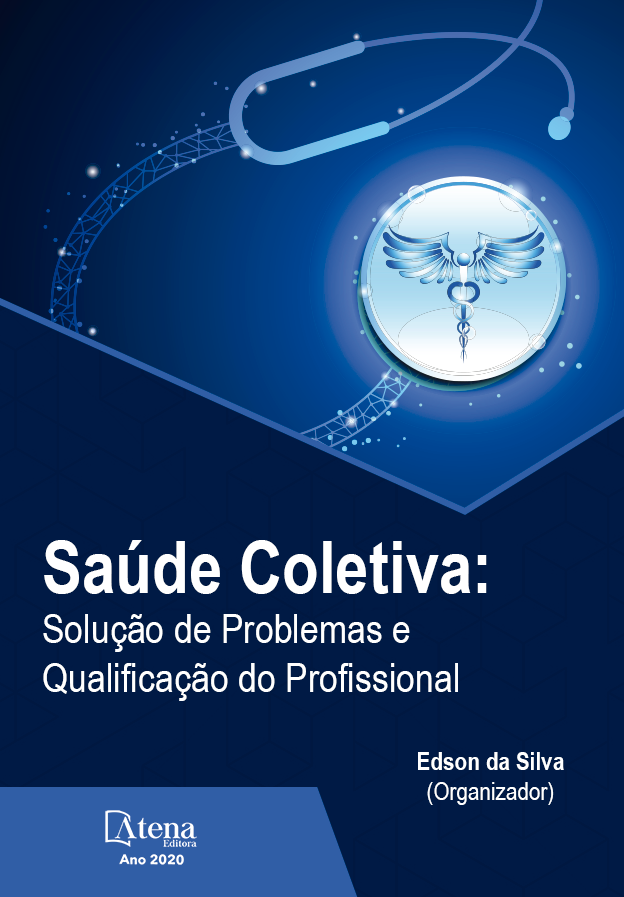
EDUCAÇÃO EM SAÚDE COMO FERRAMENTA PARA A PREVENÇÃO DO CÂNCER DE COLO UTERINO EM CATADORAS DE LIXO: UM DESAFIO PARA A EQUIDADE
O câncer do colo do útero é o terceiro câncer mais frequente na população feminina, perdendo apenas para o câncer de mama e o colorretal, e é a quarta causa de morte de mulheres no Brasil (INCA, 2019) Neste contexto, a equidade é um desafio, visto que os aspectos que envolvem grupos em vulnerabilidade, influenciam diretamente na saúde e qualidade de vida de algumas comunidades. Este estudo teve como objetivo orientar um grupo de mulheres catadoras de lixo quanto à prevenção do câncer de colo uterino, bem como conhecer as principais dificuldades quanto ao acesso a este exame, a fim de promover a equidade ao acesso deste grupo aos serviços de saúde. Trata-se de um relato de experiência sobre a vivência de uma equipe multidisciplinar que atua na atenção básica em uma comunidade da região metropolitana de Belém, Pará, cujo público-alvo foram vinte e cinco mulheres catadoras de lixo. Utilizou-se de tecnologias ativas através de roda de conversa para tratar sobre a importância da realização do exame Papanicolau. Os resultados apontam a falta de informações acerca do exame preventivo; a busca de informações em fontes não seguras; a falta de discrição por parte dos profissionais que realizam o exame; a dificuldade de acesso ao exame Papanicolau. A saúde e a doença constituem um processo determinado por fatores sociais, econômicos e culturais, portanto, para a integralidade das ações faz-se necessário a adoção de novas estratégias e métodos, para que o acesso a informações e a consolidação de boas práticas de saúde sejam garantidas na saúde da mulher.
EDUCAÇÃO EM SAÚDE COMO FERRAMENTA PARA A PREVENÇÃO DO CÂNCER DE COLO UTERINO EM CATADORAS DE LIXO: UM DESAFIO PARA A EQUIDADE
-
DOI: 10.22533/at.ed.2942001124
-
Palavras-chave: Exame Papanicolau; Grupos vulneráveis; Saúde da mulher; Equidade em Saúde.
-
Keywords: Keywords: Pap smear; Vulnerable groups; Women's health; Health Equity.
-
Abstract:
Cervical cancer is the third most common cancer in the female population, second only to breast and colorectal cancer, and is the fourth leading cause of death in women in Brazil (INCA, 2019) In this context, equity is a challenge, since the aspects that involve groups in vulnerability, directly influence the health and quality of life of some communities. This study aimed to guide a group of women waste pickers regarding the prevention of cervical cancer, as well as to know the main difficulties regarding access to this exam, in order to promote equity in the access of this group to health services. It is an experience report about the experience of a multidisciplinary team that works in primary care in a community in the metropolitan region of Belém, Pará, whose target audience was twenty-five women waste pickers. Active technologies were used through a conversation wheel to address the importance of performing the Pap smear. The results indicate the lack of information about the preventive exam; the search for information from insecure sources; the lack of discretion on the part of the professionals who perform the exam; difficulty accessing the Pap smear. Health and disease are a process determined by social, economic and cultural factors, therefore, for the integrality of actions, it is necessary to adopt new strategies and methods, so that access to information and the consolidation of good health practices guaranteed in women's health.
-
Número de páginas: 13
- ALDA LIMA LEMOS
- MARIA MARGARIDA COSTA DE CARVALHO
- JULIANA ROSÁRIO DE MORAES
- ADRIANNE DE CÁSSIA MONTEIRO DA ROCHA
- ERIKA DE CÁSSIA LIMA XAVIER
- FLÁVIA LUCIANA PINHEIRO DE SOUZA PINTO MARTINS
- ALEXANDRE PONTES SIMOR
- ALZINEI SIMOR FILHO
- ALZINEI SIMOR
- LUIZ EUCLIDES COELHO DE SOUZA FILHO
- ANA CAROLINE GUEDES SOUZA MARTINS
- ANGÉLICA MENEZES BESSA OLIVEIRA
- Letícia Almeida de Assunção


